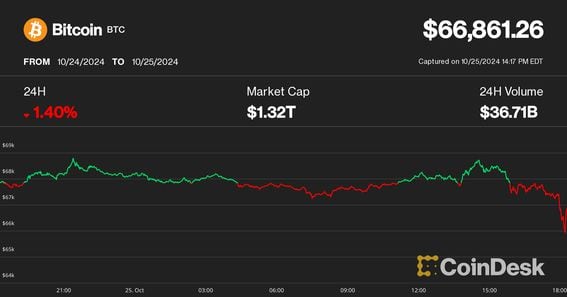Caceis, an asset servicing business jointly owned by Crédit Agricole, the second-largest bank in France, and Santander, the largest bank in Spain, has successfully registered with the French financial markets authority, Autorité des Marchés Financiers (AMF), as a digital asset service provider (DASP). This move allows Caceis to offer custody services for digital assets, including cryptocurrencies. The AMF’s approval marks a significant development as it adds a major traditional financial services group to the growing list of crypto companies registered under its supervision.
Caceis will provide crypto services to its users
With a substantial 4.1 trillion euros ($4.51 trillion) in assets under custody at the end of 2022, Caceis was established in 2005 through the merger of the asset management activities of Crédit Agricole and Caisse d’Epargne, a French cooperative banking group. Currently, Crédit Agricole holds a 69.5% stake in Caceis, while Santander holds the remaining 30.5%.
France has been known for its favorable stance toward the cryptocurrency industry. The AMF has already registered subsidiaries of other prominent players in the French financial market, such as Societe Generale and AXA, as DASPs. Notably, even Binance, the world’s largest cryptocurrency exchange, has been registered by the French watchdog, despite facing regulatory challenges in the United States, including an ongoing legal battle with the Securities and Exchange Commission (SEC).
In an effort to attract crypto companies looking for a more regulated environment, French officials extended an invitation in May to those seeking to navigate the increased crackdown in the United States. The officials highlighted the regulatory certainty offered by France’s legal framework, along with the forthcoming implementation of the European Union’s Markets in Crypto Assets (MiCA) rules within the next 18 months.
France’s supportive stance on crypto attracts major players
AMF Secretary General Benoît de Juvigny emphasized that American players who wish to take advantage of the French regime in the short term and European arrangements starting from 2025 are welcome to do so. The reference was made concerning France’s existing regulatory framework for crypto service providers, known as PSAN, as well as the upcoming MiCA rules at the European level.
However, amidst France’s generally positive attitude towards the crypto industry, recent reports have revealed that Binance’s entity in the country has come under investigation for suspected money laundering and illegal provision of digital asset services. A spokesperson for Binance clarified that the company had undergone an “on-site visit” by regulators, emphasizing that this was a routine part of the regulatory obligations that all financial institutions must adhere to.
The registration of Caceis as a digital asset service provider by the AMF showcases the increasing involvement of traditional financial institutions in the cryptocurrency landscape. France’s openness towards the crypto industry, demonstrated by the registration of prominent players such as Binance, highlights its efforts to establish a favorable regulatory environment. As the crypto industry continues to evolve, regulatory frameworks play a crucial role in providing clarity and building trust among market participants, while addressing concerns related to security and compliance.





